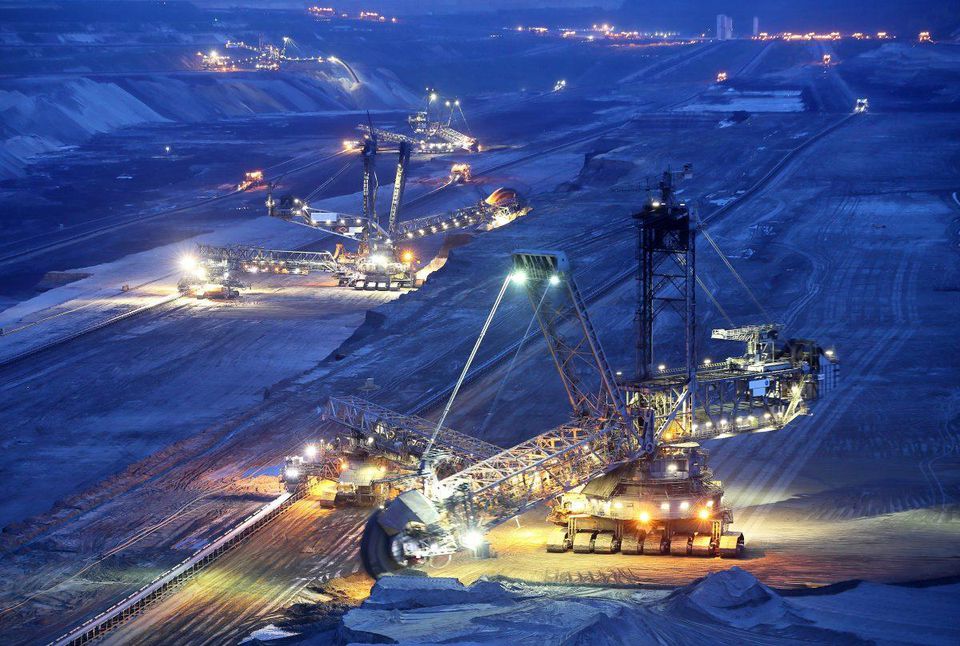
In an industry such as mining where improving efficiency and productivity is crucial to profitability, even small improvements in yields, speed and efficiency can make an extraordinary impact. Mining companies basically produce interchangeable commodities. The mining industry employs a modest amount of individuals—just 670,000 Americans are employed in the quarrying, mining and extraction sector—but it indirectly impacts nearly every other industry since it provides the raw materials for virtually every other aspect of the economy. It’s already been 10 years since the British/Australian mining company Rio Tinto began to use fully autonomous haul trucks, but they haven’t stopped there. Here are just a few ways Rio Tinto and other mining companies are preparing for the 4th industrial revolutions by creating intelligent mining operations.
Rio Tinto’s operations include 16 mines, 1,500km of rail, three ports and more, and it creates 2.4 terabytes of data every minute from all of its mobile equipment and sensors that collect and transmit data in real-time to help monitor equipment. Rio Tinto’s former CEO Sam Walsh, when speaking at the Gartner Data & Analytics Summit, explained how the company has successfully integrated these multiple mines into an integrated processing and logistics system controlled by operators not located at the physical site.
Mineral exploration
Artificial intelligence and machine learning can help mining companies find minerals to extract, a critical component of any smart mining operation. Although this is a fairly new application of AI and machine learning, many mining companies are excited about the prospect. Goldspot Discoveries Inc. is a company that aims to make finding gold more of a science than art by using machine learning. Similarly, Goldcorp and IBM Watson are collaborating to use artificial intelligence to review all the geological info available to find better drilling locations for gold in Canada. These efforts to be more precise when finding areas to mine by using machine learning can help the mining industry be more profitable.
Autonomous vehicles and drillers
While many of us have been focused on the progress Uber, Google and Tesla have made with autonomous vehicles many people don’t realize that Rio Tinto had already been using autonomous haul trucks that can carry 350 tons and operate totally independently since 2008. These trucks have impacted the company’s bottom line by reducing fuel use by 13 percent and are safer to operate. While arguably the challenges of autonomous driving in a quarry aren’t as daunting—the trucks move slow, they don’t have to worry about pedestrians—it’s still a notable accomplishment. This year, the company’s long-haul autonomous rail system will go live and is the next step in developing the Mine of the Future. With 244 cars, the autonomous train has been in development for five years, but will make its debut by the end of the year after some software and communication glitches have been worked out.
In addition, Rio Tinto has used autonomous loaders and drilling systems for several years. Just as with other autonomous applications, the company asserts the innovation has improved productivity by 10 percent.

